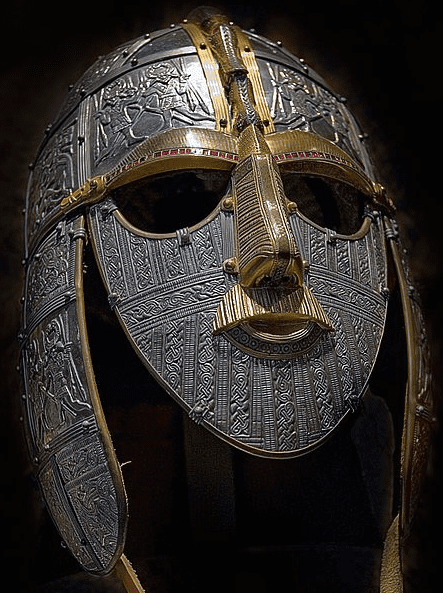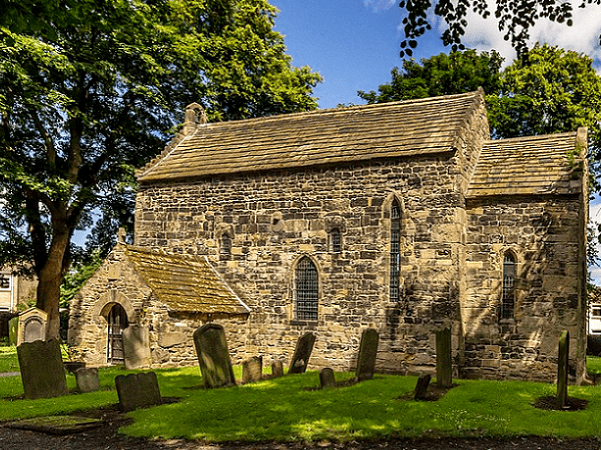To the history fanatic, the curious mind, or anyone with an affinity for learning their roots, discovering the meaning behind surnames can quickly shapeshift from pastime to serious pursuit. One of the most commonly overlooked sources of information (for names and their meanings) exists within the narrative itself: stories about our ancestors. Family trees, with their names and dates, are one thing – but linking the tales of old together to explain heritage, migration trends, and history is one of the most intricate and rewarding ways to learn about your bloodline.

These stories – often found in newspaper archives – weave life and depth into the roots of our very lineage. From gunfights to lawsuits, marriages and births to military accomplishments, wills to politics, or simply the mundane affairs preserved in the columns of a dated newspaper, the wealth of stories in old newspapers is almost endless. Better yet, they’re real. In piecing together your heritage by finding records of your family members in times when few were kept, or connecting stories found in separate locations, you learn about who your ancestors were as people, rather than simply names and dates.
Last names give us insights into where our ancestors lived, their profession, and more. Many traditional last names have roots in our ancestors’ occupations. A person was often defined and named by their trade, and their sons would then follow suit. You have the obvious names like Smith, Mason, Gardener, Potter, and so forth. Then the less obvious like Roper, Whitebread, Crock, and Faulkner. On the flip side, some surnames actually began as nicknames.
Old English last names are the same way; they can provide information and clues about your ancestors. In this article, we’re sharing some of the most common Old English last names to help you uncover your family history.
Some Common Old English Surnames
- Black: one of the most famous surnames, which exists in many folds of England and Scotland’s history. It has two possible origins. The first is a nickname-related-surname, given to the native Celts and Britons who were dark-haired and darker-skinned. There are tales of soldiers (on the Angles and Saxons’ side) who would smear mud on their faces to infiltrate their enemy’s camp. The second possible origin is an occupational surname, relating (or simply a shortening) to a blacksmith.
- Cabot: although one of the less popular of the most common Old English last names, that doesn’t make this surname uninteresting. Cabot derives from ancient Norman culture, established in England in the 11th century. It’s actually a nickname-turned-surname that was given to those who had abnormally large heads. This nickname became a common expression of the times’ lexicon.
- Corbyn: this is neither an occupation or nicknamed-related-surname; it is instead location-based. A surname commonly used as a first name, Corbyn derives from the Gaelic Cor-beann or Cor-beinn. It’s the name of a place in Scotland (Glencreran) and also means “steep hill.”
- Crapper: this surname, while probably a topic of much amusement in middle school, has no roots to toilets, a bathroom-focused occupation, or anything of that sort. It is a variant of the last name Cropper – a harvester of crops.
- Jones: synonymous to John or Johns, Jones last name origin means “to be gracious.” Of course, it holds close biblical ties and became increasingly popular in tandem to the rise of Christianity.
- Lowell: the name is of French origin and was adopted by the English in an unknown era. In French it means wolf cub, and popular belief is that it was given as a nickname – most likely to those who had wolfish characteristics.
- Smith: undeniably the most common of all Old English surnames, it is derived from the Anglo-Saxon “Smitan” which means “to smite or strike.” It is related to the occupation of a blacksmith, as well as someone who knew how to teach the art of the blade.
- Taylor: Taylor last name origin comes from the occupational name for a tailor – one who mends clothes. Originally, it was spelled as we do now for the occupation (tailor). Over time, the spelling changed and shifted into one of Great Britain’s most common Old English last names.
- Thomas: an English and Welsh surname with biblical ties, it was originally from the New Testament but became ever more popular with the astronomical rise of Christianity.
- Wayne, Wright, or Wainwright: these are very common Old English last names. They all derive from the occupation of a builder or craftsman (from millwrights to wheelwrights). Later, the suffix was added to other occupations but has survived only in the world of theater, with the word playwright. A wayne – Old English wægn, wæn (wagon, cart) – built or drove carts and wagons.
History of English Last Names
The English adopted last names after the Norman Conquest of 1066. By the 15th century, it was hard to find someone without one. From occupational, nickname-based, and location surnames, today there are around 45,000 Old English last names in circulation.
If you’re trying to understand more about your lineage, bloodline, how you came to be, or even if you’re simply trying to name an ancestor and connect the dots, stories in old newspapers may hold the keys. Search newspaper archives to uncover the story of your ancestors – the people they were and the lives they lived.
Sources:
- https://www.historic-uk.com/CultureUK/Surnames
- https://en.wiktionary.org/wiki/Category:English_surnames_from_Old_English
- http://www.localhistories.org/surnames.html
Related Articles:
